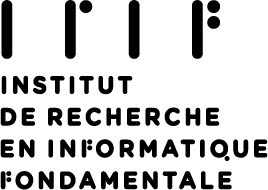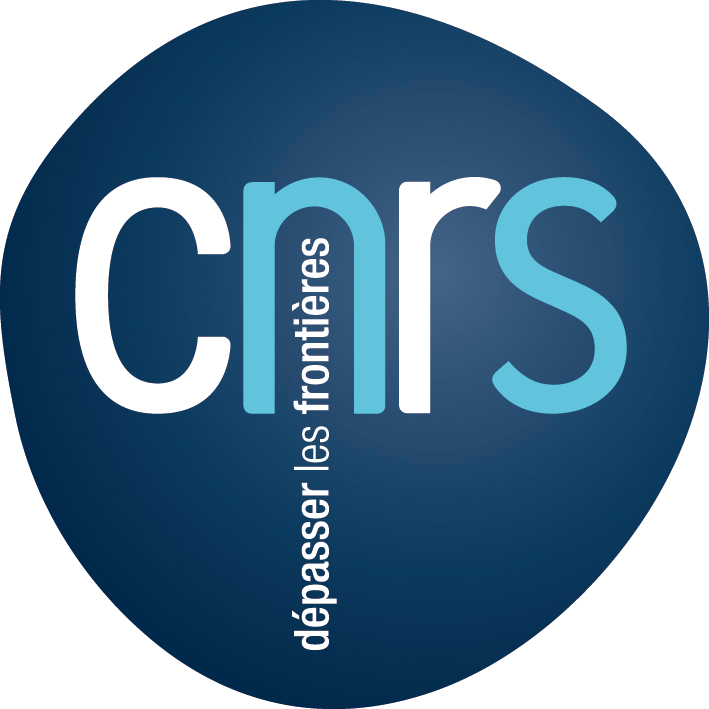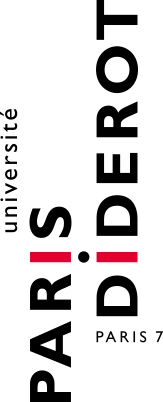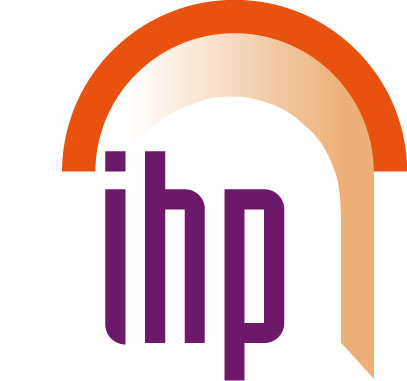Abstract Format: Electronic submissions are solicited. Please consult the following servers:
For submission of APPROX papers: https://www.easychair.org/conferences/?conf=approx2016
For submission of RANDOM papers:
https://www.easychair.org/conferences/?conf=random2016
Note: You will be asked to login using an EasyChair account. Instructions on how to register for such an account are available at the submission servers (you may also have an old account from a previous conference submission).
The submission must be received by 15:00 (PDT) of April 19 for your submission to be considered.Submission Format: Submissions should start with the title of the paper, each author's name, affiliation, and e-mail address, followed by a brief abstract of the results to be presented. This should then be followed by a technical exposition on single-spaced pages on letter-size paper, using reasonable margins and at least 11-point font. The first 10 pages should contain the main ideas and techniques used to achieve the results including motivation and a clear comparison with related work (not including the references). There is no page limit but any material beyond the first 10 pages will be read at the sole discretion of the program committee.
Simultaneous submission to other conferences with published proceedings is not allowed.
The online proceedings of the conference can be found at: http://www.dagstuhl.de/dagpub/978-3-95977-018-7
Papers are solicited in all research areas related to randomization and approximation, including, but not limited to:
APPROX
- approximation algorithms
- hardness of approximation
- small space, sub-linear time and streaming algorithms
- online algorithms
- approaches that go beyond worst case analysis
- distributed and parallel approximation
- embeddings and metric space methods
- mathematical programming methods
- spectral methods
- combinatorial optimization in graphs and networks
- algorithmic game theory, mechanism design and economics
- computational geometric problems
- approximate learning
- design and analysis of randomized algorithms
- randomized complexity theory
- pseudorandomness and derandomization
- random combinatorial structures
- random walks/Markov chains
- expander graphs and randomness extractors
- probabilistic proof systems
- random projections and embeddings
- error-correcting codes
- average-case analysis
- property testing
- computational learning theory


 pdf
pdf  txt
txt



